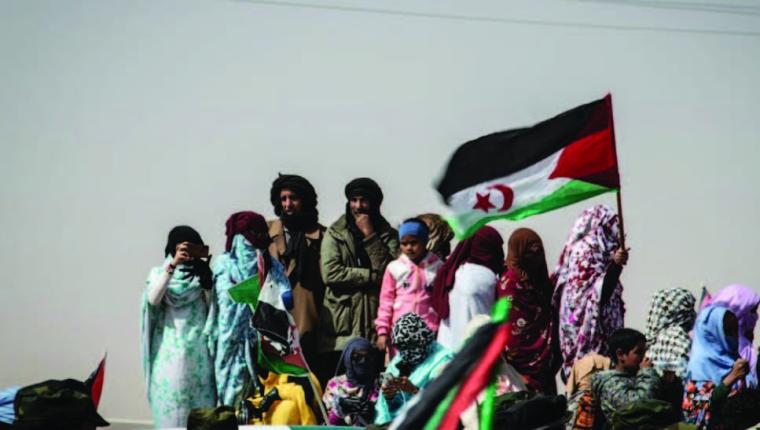
El-Bachir, S. B. (2024). Western Sahara: The Last Colony in Africa. BRIQ Belt and Road Initiative Quarterly, 5(2), 172-181.

This work is licensed under a
Creative Commons Attribution 4.0 International License.
When Morocco violated the 1991 ceasefire on 13 November 2020 after years of obstructing the referendum on self-determination, the Frente POLISARIO declared that it was forced to exercise its right to self-defence and that it was consequently resuming the liberation struggle. As a result, the Territory of Western Sahara has become a zone of open war as military confrontations between the two parties continue and intensify along the Moroccan illegal military wall in Western Sahara. Morocco’s violation of the 1991 ceasefire has not only put an end to the UN peace process but also has the potential to endanger peace and stability in the region. Once again, the UN Security Council has remained silent in the face of Morocco’s new act of aggression. The question before the international community and the free world comes down to this: do they allow the logic of force and the rule of “might makes right” to prevail in North Africa, and thus allow Morocco’s military occupation of parts of Western Sahara to endure with impunity, or do they defend the principles of international law that are crucial to maintaining order, credibility and belief in the rules governing international relations, and consequently allow the Sahrawi people the chance to exercise their right to self-determination and independence freely and democratically? The only option, therefore, is to defend the principles of international law and bring the decolonization of Western Sahara to its conclusion through the free, genuine, and democratic expression of the sovereign will of the Sahrawi people in the exercise of their inalienable right to selfdetermination and independence.
Keywords: Sahrawi Arab Democratic Republic, self-determination, Polisario Front, the struggle against colonialism, Western Sahara.
